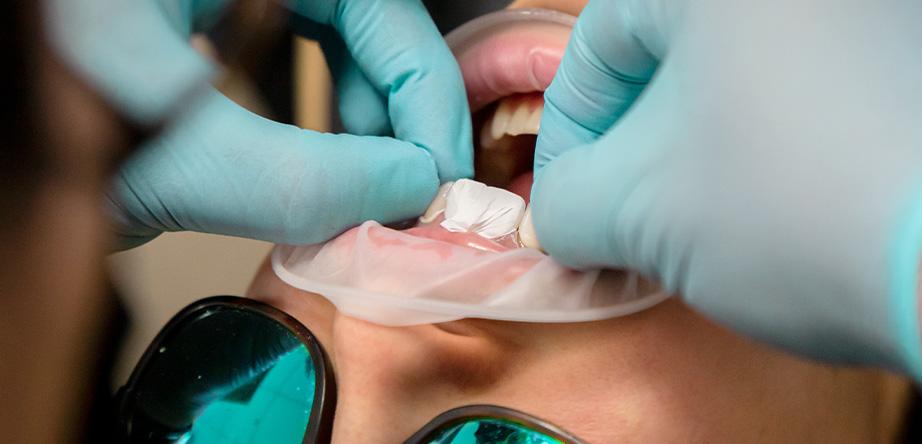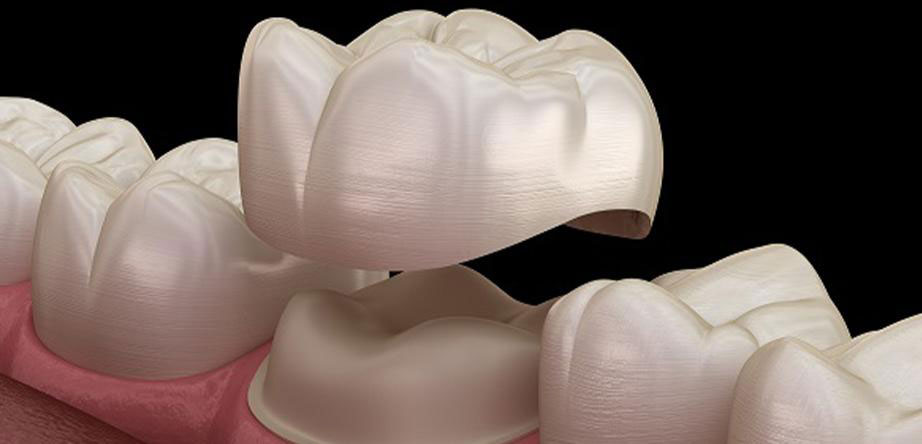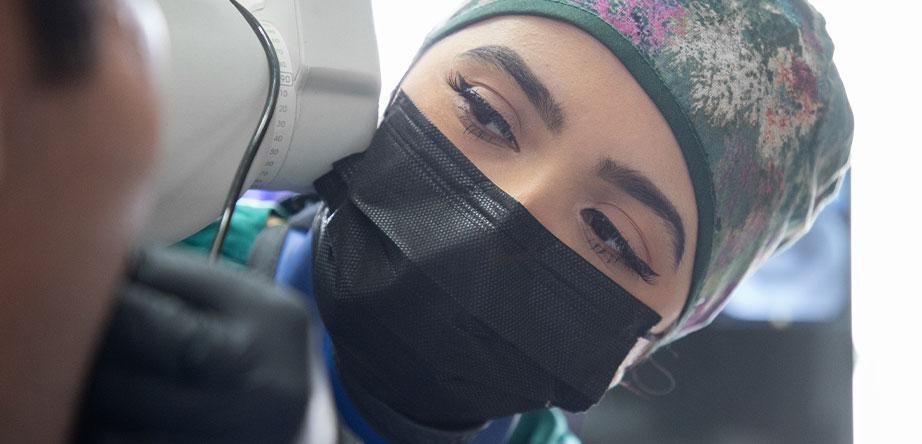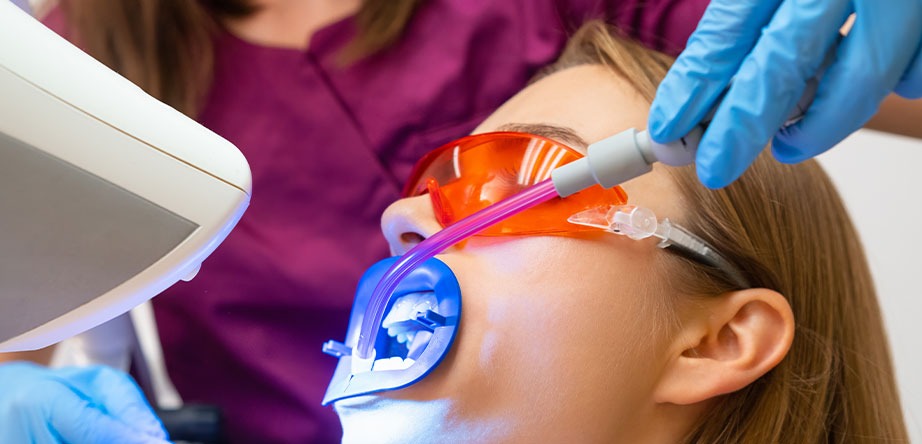
Still smoking after surgery? Learn how it affects healing

How still smoking after surgery affects healing
As a general rule, whenever we have a dental surgery, we advise our patients that they should stop smoking after surgery. We usually ask to avoid cigarettes for several days or weeks, depending on the operation.But did you know that the reasons go far beyond a fast inhalation or the actual smoke inside the mouth?
Every doctor is going to tell you that most post-op complications are linked to 4 high-risk factors:
- Poor Hygiene.
- Uncontrolled diabetes.
- Alcohol abuse.
"The most frequent advise when you are a heavy smoker undergoing surgery is to use a nicotine patch instead. But for us, having nicotine in your system is ill-advised"
How does smoking affect surgery?
Well, it’s known that cigarette smoke contains over 4,000 toxins. Among the thousands of toxins found, there are a couple that do have a direct impact on wound healing. Let’s see:Nicotine.
- Once nicotine is on our system, it reduces blood flow. And this reduction also affects nutrient delivery, failing to reach the surgical wound.
- Nicotine lessens the production of immunoglobulin, a known antibody found in the blood. Without enough antibodies, an infection is just around the corner.
- Alcohol abuse.
- When a surgical wound wants to heal itself, it needs to rebuild new tissue. But nicotine gets in the way because the tissue repair process turns sluggish.
Carbon monoxide.
Our blood helps to transport oxygen and to get rid of carbon dioxide, a waste product. The carbon monoxide formed when you lit a cigarette reduces the oxygen-carrying capacity of blood.Hydrogen cyanide.
Causes tissue hypoxia. This means that the tissues don’t receive their needed oxygen supply. So, when different cigarette components are disrupting the movement of oxygen, the overall lung capacity is reduced.
Benefits of smoking cessation
Do you think you could do 3 months without smoking? It’s good to know that surgery healing it’s easier when you stop smoking before the surgery. And you can get even better results if you can hold back for 2-3 weeks after the surgery. If you stop smoking for at least one month before a dental surgery, you’ll get proven benefits. Let’s see how soon you could be “ripping these benefits”Just one or two days after quitting, carbon monoxide levels drop. Without it, our blood is able to carry more oxygen.
Between 3 to 6 weeks after you quit: the production of immunoglobulin rises. As we said, it’s an antibody found in the blood. And it definitely lowers the chance of a wound infection.
Healing complications.
If you smoke before or after a surgery, the surgical wounds might take longer to close. They’re also less likely to heal and can get infected more easily. Here are, one by one, all the known complications when smoking after surgery:Slow wound healing in gum plastic surgery
Some patients lack a portion of the gum that acts as a root coverage. And if they qualify, we can do a small gum grafting surgery.After the surgery, the healing time is somewhere between one or two weeks. But if you don’t stop smoking a few weeks before or after the surgery, it can take more time.
Lower chances of a successful periodontal treatment. Usually heavy smokers suffer from periodontal or gum disease. With it, the gums are swollen to the point where they’re too sensitive. If gum disease is left untreated, the infection causes bone and tooth loss.
Nearly all dentists report that gum disease turns more difficult to treat when people can’t stop smoking. And there is another drawback. With gum disease, most dental surgeries have to wait. This serious issue has to be addressed first.
Dry socket.
The actual name is alveolar osteitis, but let’s just refer to this complication as dry socket, shall we? You will know when you suffer from dry socket, because there’s an ongoing pain where the tooth was extracted from. This pain is continuously increasing as days pass by. The reason? The tooth socket left after an extraction is supposed to get filled with a blood clot. When this can’t happen or when the clot is simply lost, the socket gets exposed. The socket gets filled with food debris and saliva instead.Finding food debris inside a socket is actually normal, what’s not is the increased pain. Drinking lots of water usually helps to clean an empty food socket. But what happens with a dry socket? Well, since both the bone and the nerve are exposed, contact with food and even air will turn painful. The pain could be so severe that it “radiates” all the way to the ear and neck. It’s usually accompanied by bad breath and bad taste.




